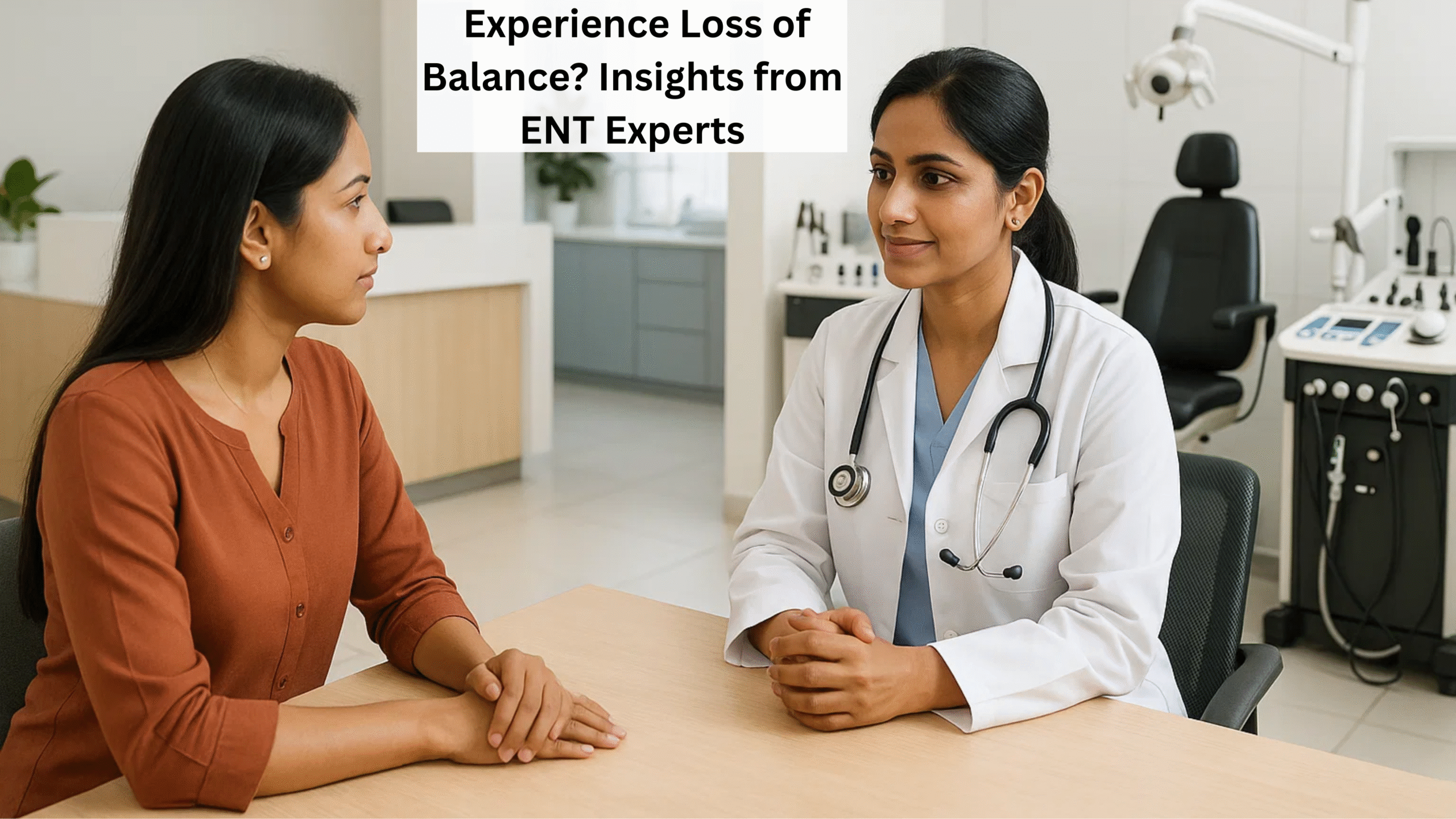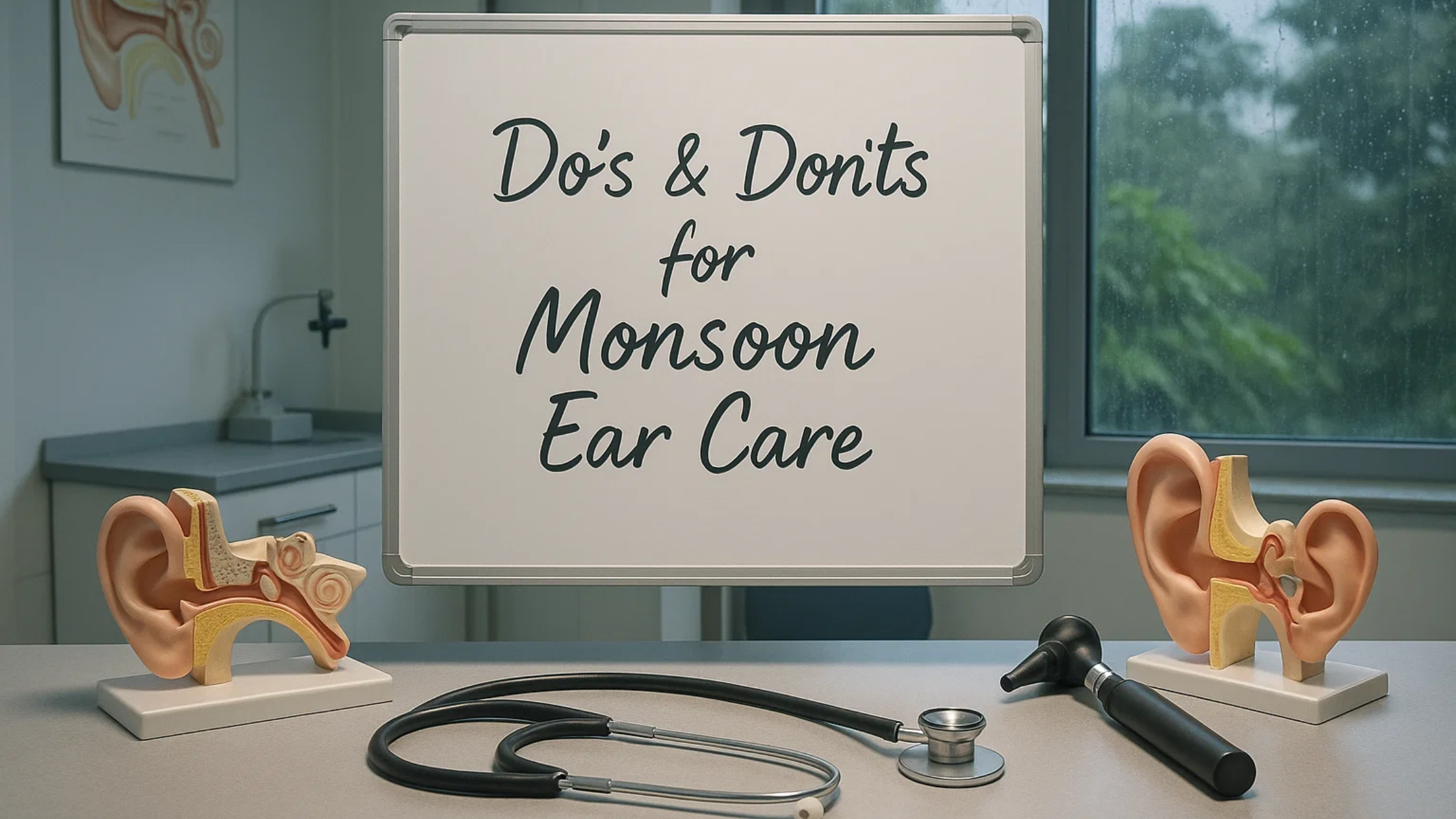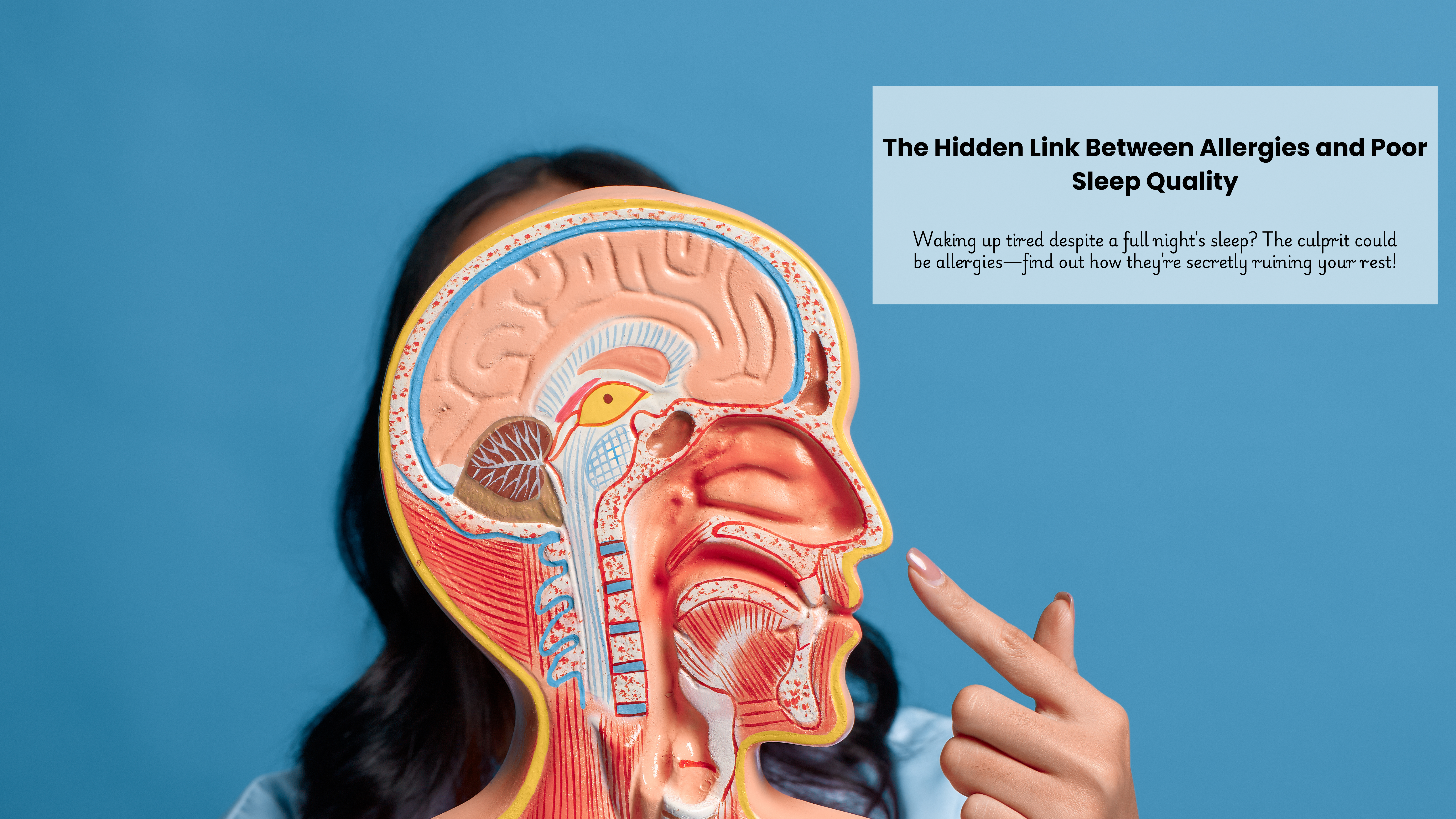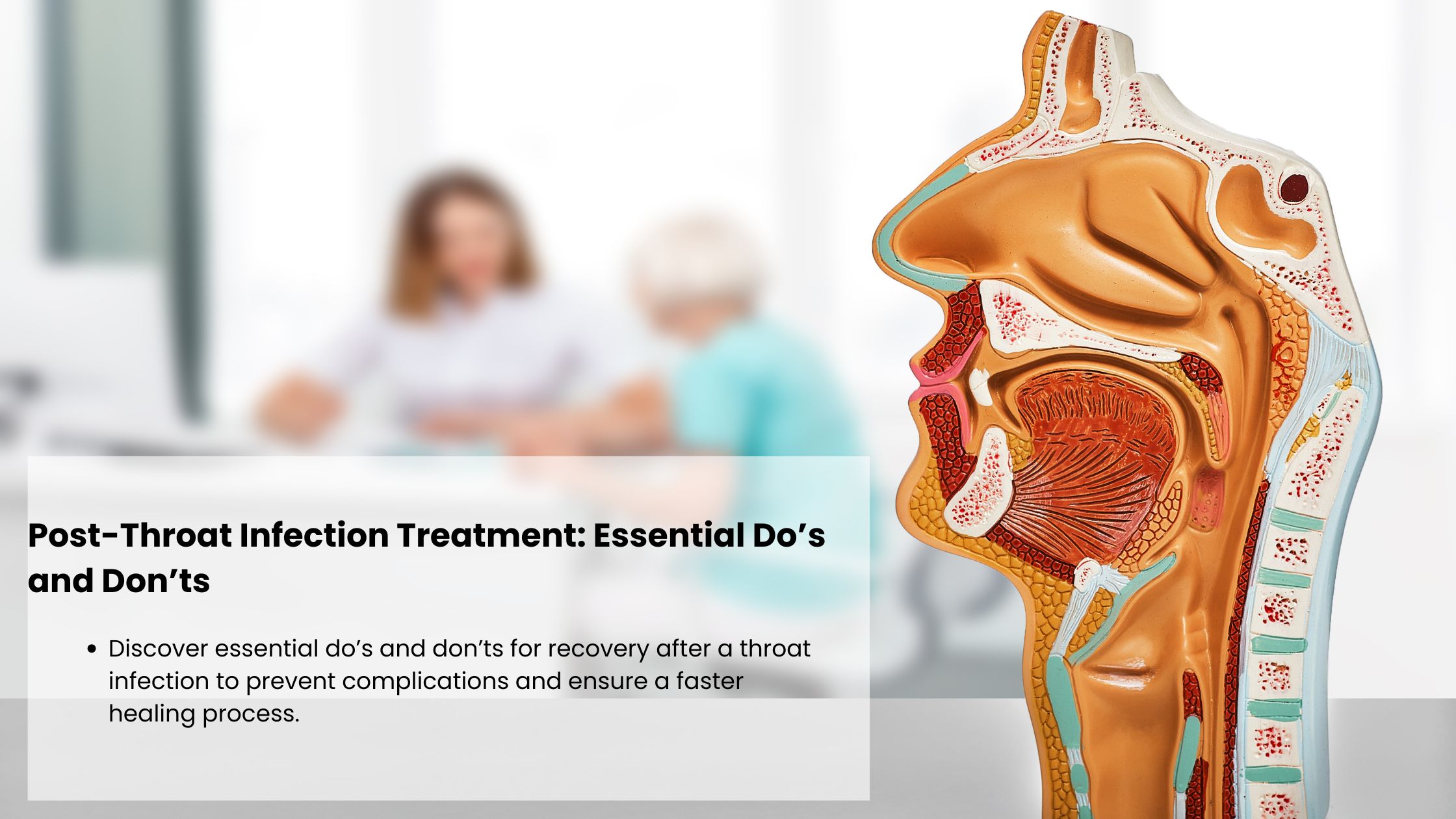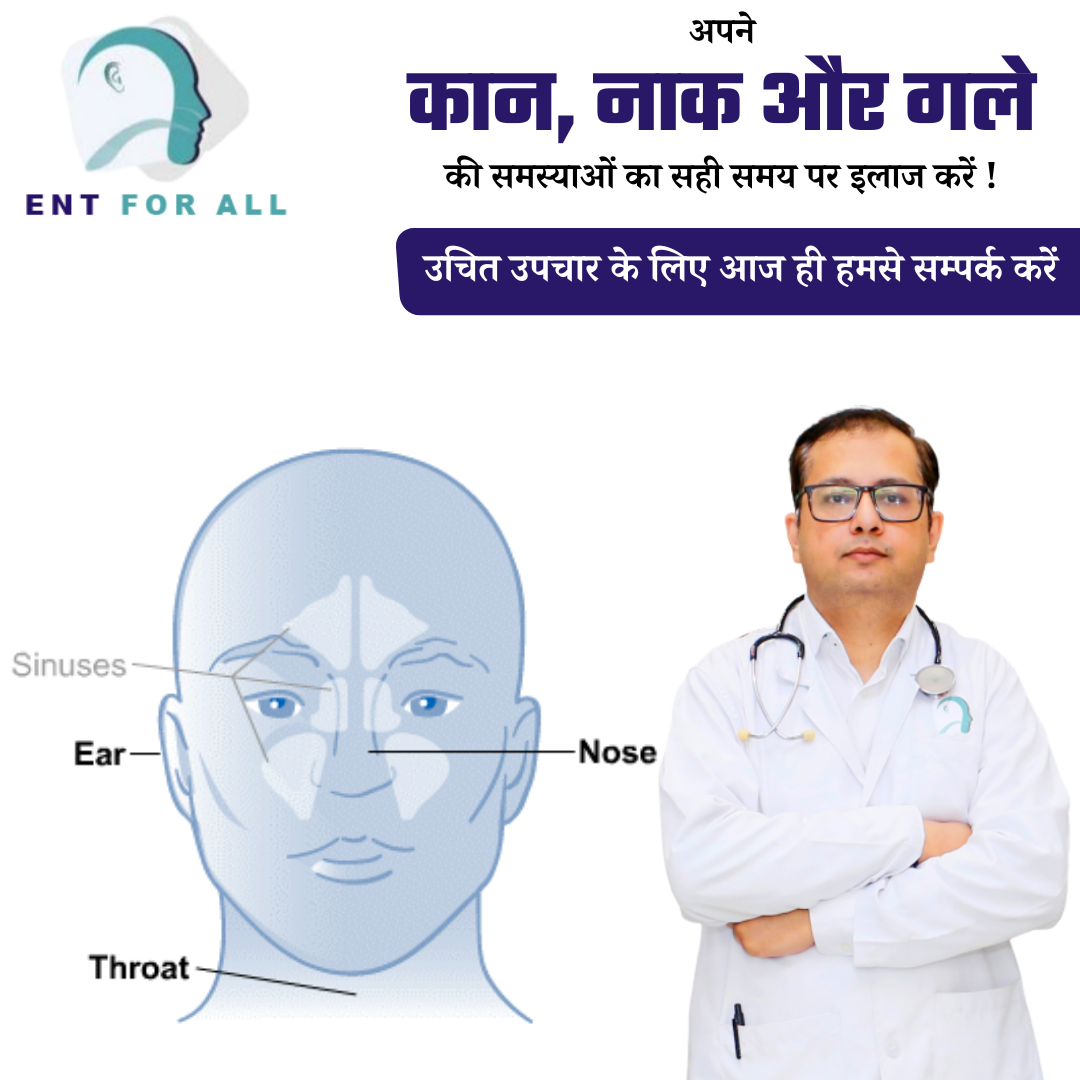When it comes to thyroid conditions, it’s essential to understand that not all doctors are created equal. While endocrinologists are often the first point of contact for thyroid-related issues, ENT (Ear, Nose, and Throat) doctors also play a crucial role in treating thyroid conditions. In this blog, we’ll delve into the world of thyroid conditions, exploring the role of ENT doctors and when you should seek their expertise.
Understanding Thyroid Conditions
The thyroid gland is a small butterfly-shaped gland located in the neck, responsible for regulating various bodily functions such as metabolism, growth, and development. However, sometimes this gland can become dysfunctional, leading to a range of conditions that can significantly impact an individual’s quality of life.
Some common thyroid conditions include:
- Hypothyroidism: A condition where the thyroid gland doesn’t produce enough thyroid hormones.
- Hyperthyroidism: A condition where the thyroid gland produces too many thyroid hormones.
- Thyroid nodules: Small growths on the thyroid gland that can be benign or cancerous.
- Goiter: An enlargement of the thyroid gland.
- Thyroid cancer: A rare but potentially life-threatening condition.
Symptoms associated with these conditions can vary widely, but may include fatigue, weight changes, dry skin, hair loss, and difficulty concentrating.

The Role of an ENT Doctor in Thyroid Conditions
ENT doctors are medical professionals who specialize in the diagnosis and treatment of disorders related to the ears, nose, throat, head, and neck. While they may not be the first choice for primary care when it comes to thyroid conditions, they play a vital role in treating issues that affect the neck and surrounding areas.
ENT doctors are trained to deal with head and neck issues, including those affecting the thyroid gland. They have a deep understanding of the anatomy and physiology of the neck and throat region, making them well-equipped to diagnose and treat conditions that affect this area.
It’s essential to note that ENT doctors differ from endocrinologists in their scope of practice. Endocrinologists specialize in hormonal disorders, whereas ENT doctors focus on head and neck issues. However, both types of doctors can work together to provide comprehensive care for patients with thyroid conditions.
When to See an ENT Doctor for Thyroid Conditions
So, when should you seek care from an ENT doctor for thyroid-related issues? Here are some scenarios in which it’s best to consult an ENT doctor:
- A lump or swelling in the neck
- Difficulty swallowing or breathing
- Hoarseness or changes in voice quality
- Recurrent laryngitis or throat pain
These symptoms can be indicative of a range of issues, including thyroid nodules or cancer. An ENT doctor can perform a thorough examination and imaging tests to determine the cause of these symptoms.
Treatment Options Offered by ENT Doctors
If you’re experiencing symptoms related to thyroids conditions, your ENT doctor may recommend surgery as a treatment option. Some common surgical interventions include:
- Thyroidectomy: The removal of the entire thyroid gland.
- Lobectomy: The removal of part of the thyroid gland.
After surgery, your ENT doctor will provide post-surgical care and follow-up appointments to ensure a smooth recovery. They may also collaborate with endocrinologists and other specialists to provide comprehensive care for your overall health.
Common Surgical Procedures Performed by ENT Doctors
ENT doctors may perform various surgical procedures to treat thyroid-related issues. Some common procedures include:
- Thyroidectomy: The removal of the entire thyroid gland.
- Lobectomy: The removal of part of the thyroid gland.
- Thyroid lobectomy: The removal of one lobe of the thyroid gland.
- Isthmusectomy: The removal of the isthmus (the tissue that connects the two lobes of the thyroid gland).
These procedures may be performed through an incision in the neck or using minimally invasive techniques such as endoscopic surgery.
Post-Surgical Care and Follow-Up
After surgery, your ENT doctor will provide post-surgical care and follow-up appointments to ensure a smooth recovery. This may include:
- Monitoring for signs of infection or complications
- Administering medications as needed
- Providing guidance on wound care and pain management
- Scheduling follow-up appointments to monitor progress
Conclusion
In conclusion, while endocrinologists are often the primary point of contact for thyroid-related issues, ENT doctors play a vital role in treating thyroid conditions. If you’re experiencing symptoms such as a lump in the neck, difficulty swallowing or breathing, hoarseness or changes in voice quality, or recurrent laryngitis or throat pain, it’s essential to seek advice from an ENT doctor.
At ENTFORALL, Dr. Sushant Joshi is a board-certified ear, nose, and throat (ENT) specialist with extensive experience in treating patients with various head and neck disorders. He is dedicated to providing personalized care and compassion to his patients while staying up-to-date with the latest advancements in his field. You can trust that you’re receiving the best possible care for your thyroid-related issues.
Don’t hesitate to reach out if you’re experiencing symptoms related to thyroid conditions. With our expertise and compassion, we’ll work together to find a solution that helps you regain your health and well-being.
Also read – Neck and Throat Surgery – Risks, Tests, Procedure, & Recovery!
Follow us on Facebook: @entforall


